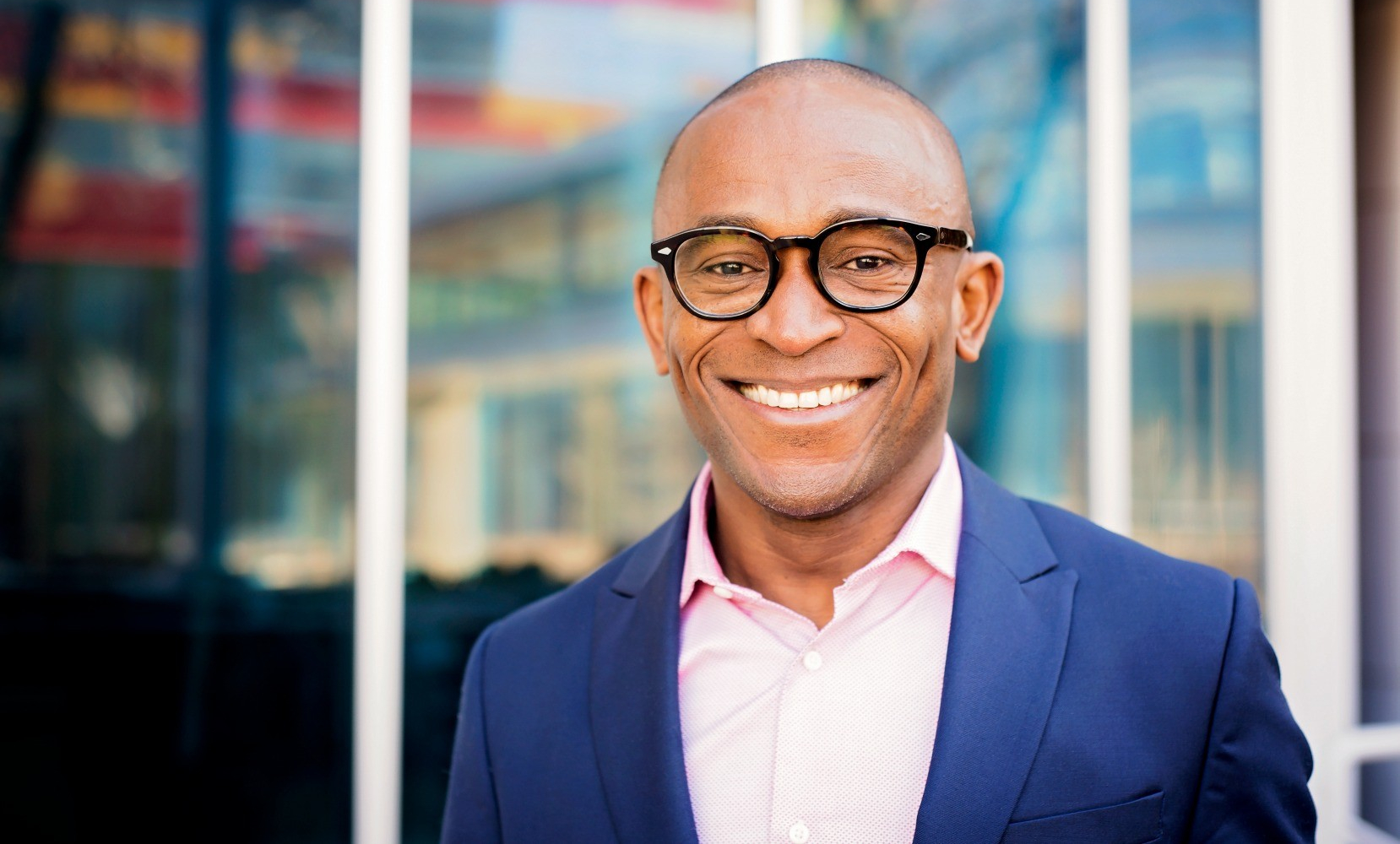Canada should have a mandatory vaccination policy for childhood infectious diseases where vaccines are freely available, according to a University of Alberta health law expert, but not for influenza or COVID-19.
"I still encourage vaccination," said Ubaka Ogbogu, a professor in the faculties of law and pharmacy and pharmaceutical sciences. "There's no one-size-fits-all vaccination policy, and policy makers have to consider various factors when designing a vaccination program."
- RELATED: Twenty per cent increase in flu vaccinations an ambitious but attainable goal: pharmacy researcher
- RELATED: Multiple factors will influence pricing for COVID-19 vaccine in Canada: health economist
Vaccination Policy in a COVID-19 World With Dr. Ubaka OgboguFriday, Oct. 23 at 11 a.m. In an online talk, health law expert Ubaka Ogbogu will discuss issues and controversies surrounding vaccination for infectious diseases, and the potential impact of a COVID-19 vaccine on vaccination policy and practice. |
In general, a mandatory vaccination policy, according to Ogbogu, should follow the recommended public health schedule, which starts at one year of age, with no opt outs unless the child has a medical exemption where a vaccine could do more harm than good.
"However, I don't think it should be the same for COVID-19," he said. "I think if you did that for the pandemic, the whole thing would be drowned out by objections, and that's going to detract from a positive outcome."
Readiness and willingness for vaccination
Ogbogu said Canada and the United States don't rank among the world's best as far as vaccination rates go, pointing to a 2016 article in The Economist.
For measles vaccination only, countries like Eritrea, Rwanda, Tanzania, Sri Lanka, China and Brazil are better vaccinated than France, Italy, Britain and the United States.
"In countries with very poor health-care systems, where disease has a real presence and people die from these things, I think they tend to be much more willing to accept measures that will stop the effects of the disease," he said.
"Whenever western countries have disease spread, people tend to want to take it seriously, otherwise we spend a lot of time debating about the tension between public health and individual liberties, instead of focusing on the problem, which is that disease is something we don't want in our communities."
Ogbogu said policy makers should be trying to address readiness issues to ensure people have clear information about how the vaccines were produced, and about the safety and efficacy profile of the vaccine.
He added part of the problem with mandating a COVID-19 vaccination are the genuine fears that have arisen because of the breakneck pace at which a vaccine could conceivably make it to market.
"Vaccines that are produced in that kind of context may raise serious issues regarding readiness," said Ogbogu. "That being said, there needs to be a lot of thought given to the public health messaging around the long-term effects."
He noted the assumption among those who say public health jurisdictions should make the vaccine mandatory-whether founded in anti-vaccination rhetoric or sincere worries about the safety of a new vaccine-is that people will abstain when the time comes.
"I, for one, am not in that camp. Given the impact that COVID-19 is having on everyone's life, I believe that people will want to get the vaccine," he said.
Ogbogu points to the oversubscribed clinical trials as well as the vaccination uptick measured during the 2014 measles outbreak in Alberta.
"I only worry that the majority of volunteers in these trials are young white males," he said. "I worry that when vaccinations are made available, the distribution will track the same patterns."
Ensuring equitable access
This leads to another layer of complexity for Canadian policy makers regarding the equity and justice of distributing a forthcoming vaccine.
"We know that some populations are affected more than others, especially in racialized populations and communities of colour and different ethnic backgrounds. Do we make it available to them first?" he asked. "Is that what a policy should focus on? Or is it going to be available on the basis of access to the health-care system, which again would then shut out some of these populations."
This inequity exists between nations as well, as poorer nations will most likely have to wait longer.
"Countries have to be willing to marshal their own resources to help communities that don't have the resources to get access to the vaccine," he said. "We need to be unselfish because if we start from Canada, we're still not going to solve the worldwide COVID-19 problem. We live in a global village."
